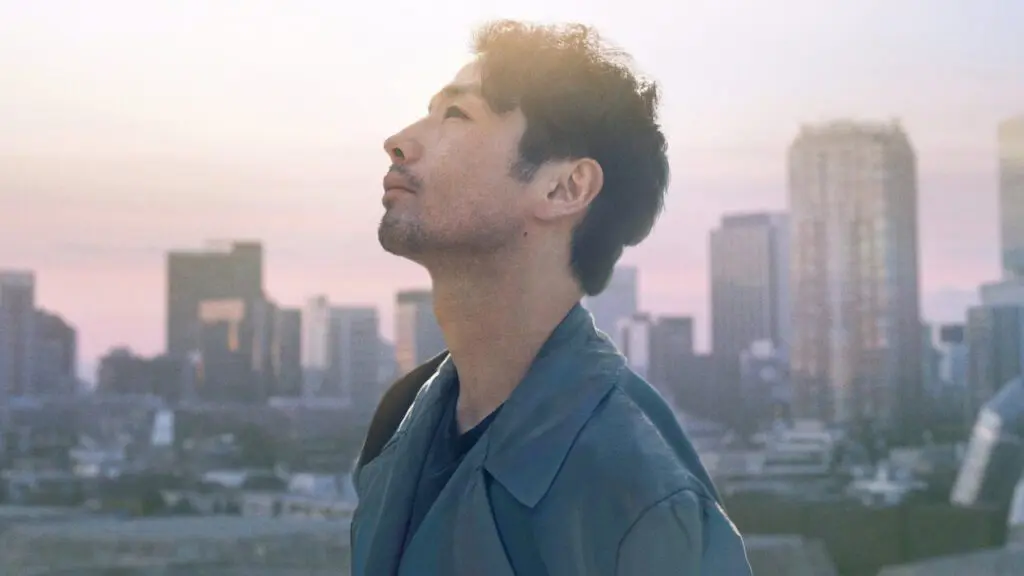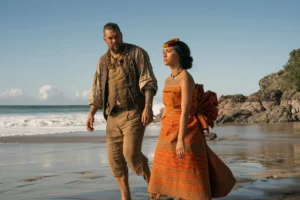Summary
Exploring the complexity of human emotion.
We Couldn’t Become Adults is a Japanese film that explores relationships, adulthood, and life. Revolving around the life of Sato Makoto, (Mirai Moriyama, starred in Fish Story) in his forties, we learn that he is a graphic designer, and his life changes once he receives a friend request from a long-lost ex-girlfriend.
At that moment, he reevaluates his life, his experiences, hopes, and dreams. A touching film, exploring the realities of life, heartbreak, and regret.
The film focuses on his past and his present, emphasizing how his previous relationships leave an impact on his present self and his self-worth.
The attitudes and beliefs he holds now stem from his relationship with his previous lover. It isn’t surprising that a significant other can leave a devastating impact on one’s life but sometimes it is what it is. By capturing the realities of Sato’s pessimism, coupled with the fast pace of Tokyo, we are brought into Sato’s life.
It shone a light on reality by bringing in historical and recent events. In one scene, we learn that he’s super busy with work following the Fukushima earthquake in 2011, fast forward almost a decade later, there’s a pandemic. Surprise surprise.
But, the incorporation of these events strings the audience along as we see how these events, as well as his relationships, affected him and contributed to his pessimistic outlook on life. What I really loved about the film was how culture, time, and tech evolved with Sato’s life; though it was inevitable because he grows and changes like a regular human being.
We see the world change and transform through this. As for Sato’s relationship with Kaori, we learn that his life changed based on their romance — he’s carefree, quirky, and just happy with her in the 1990s but things soon decline.
The powerful theme of exploring emotions in all their complexity is what makes the film worth the watch.
Moriyama portrays the role of Sato in the most compelling way, allowing the audience to feel the character’s emotions and gain insight into how these emotions can consume us, especially in adulthood. I also appreciated how it shone a light on the realities of working in Japanese entertainment as a graphic designer and the pressures behind it.
Ultimately, We Couldn’t Become Adults translates these deep emotions onto the screen. By highlighting the trials and tribulations of adulthood, it reminds us of the little things. Sometimes not everything has to be happy or positive but it should be authentic. And that’s what it is, it’s something that millions can relate to, just illustrated on the screen.
Read More: We Couldn’t Become Adults Ending Explained




